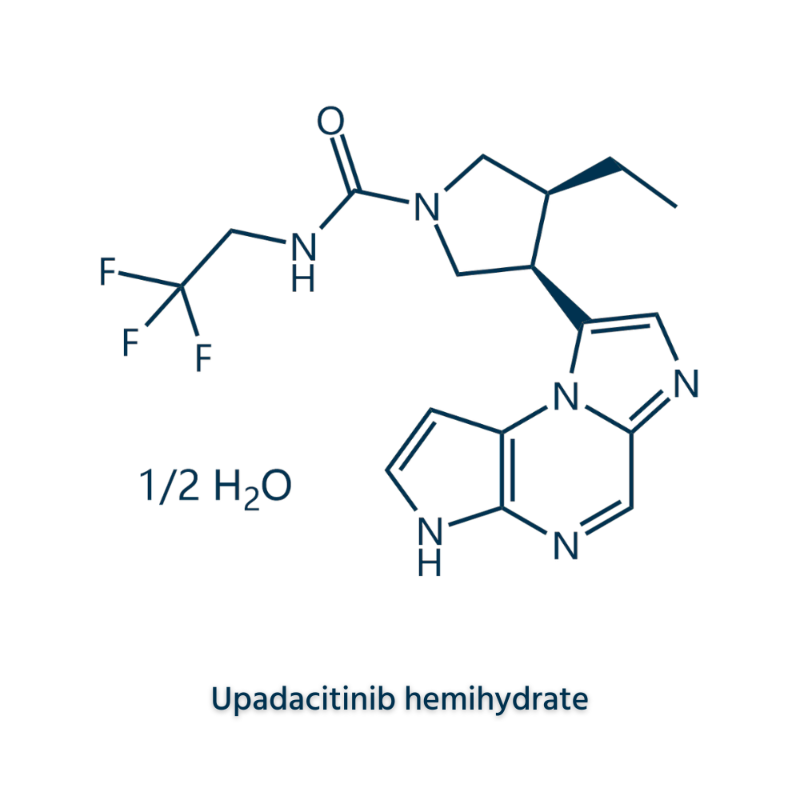-
Categories
-
Pharmaceutical Intermediates
-
Active Pharmaceutical Ingredients
-
Food Additives
- Industrial Coatings
- Agrochemicals
- Dyes and Pigments
- Surfactant
- Flavors and Fragrances
- Chemical Reagents
- Catalyst and Auxiliary
- Natural Products
- Inorganic Chemistry
-
Organic Chemistry
-
Biochemical Engineering
- Analytical Chemistry
-
Cosmetic Ingredient
- Water Treatment Chemical
-
Pharmaceutical Intermediates
Promotion
ECHEMI Mall
Wholesale
Weekly Price
Exhibition
News
-
Trade Service
After treatment with chemical medicine, memory and behavior must be checked regularly and, if necessary, with the intervention of neurology, psychology and rehabilitation specialists to improve the quality of life of patientsThe use of methotrexate increases the risk of secondary meningiomaA variety of anti-tumor treatment programs have specific effects on health and hearing, which deserve attention- From the article chapter
(Ref: Jans AJ, et alCurr Treat Options Oncol2019 Feb 9;20 (1): 10.doi: 10.1007/s11864-019-0602-0.
children with more complex brain tumours, more treatments, and longer survival times for some childrenHowever, the tumor itself and the treatment affect the developing central nervous system, increasing the incidence of neurocognitive and psychological disorders after the growth of this type of children; Anna JJanss, of the Neuro-Oncology Department at the Atlanta Institute of Clinical/Emory Pediatrics, and others recommend medical monitoring for adult survivors of childhood brain tumors, published in Curr Treats Oncol in February 2019authors believe that patients with tumors and accompanied by cerebral edema should focus on monitoring and preventing delayed epilepsy; Patients with hypothalamus must check for endocrine function every 1-2 years, and patients with appetite abnormalities and uremia need to closely detect electrolyte levels, control weight and prevent hyperlipidemiaPeople with sleep disorders are advised to take sleep-aids medicationsPatients with oncology in the saddle area undergo regular eye examinationsAll patients should be as integrated into society as possible with the help of a psychologistradiation therapy can cause cognitive impairment, including execution, memory, attention, processing speed, and overall cognitive impairmentBrain tumor patients with a tendency to have hereditary vascular disease, such as type I neurofibromatosis or sickle-type red blood cell anemia, can occur early, and the incidence is highAfter radiotherapy, a routine neurological examination is performed annually, as well as screening for endocrine, cardiovascular, pulmonary, vision and hearing, in order to detect secondary malignancies or vascular lesions at an early stagechemical medications must be checked regularly for memory and behavior, and, if necessary, by neurology, psychology and rehabilitation medicine specialists to improve the quality of lifeThe use of methotrexate increases the risk of secondary meningiomaA variety of anti-tumor treatment programs have specific effects on health and hearing, which deserve attentionradiotherapy combined chemotherapy can enhance the effectiveness of treating tumors, but also have a compound toxic ityCisplatin and high-dose caplatinum damage cochlear hair cells, leading to permanent high-frequency hearing lossThere is no definitive evidence that alkane or platinum anti-tumor therapy increases the risk of central nervous system tumors in adult survivorsThe use of radiotherapy and chemotherapy in the treatment of brain tumours in children can also lead to early aging in adult survivors, so it is necessary to use the elderly predictive model for healthy adults aged 10-20 years without radiotherapy and chemotherapy history to detect young central nervous system tumor survivorsthe pathological classification, tumor location, treatment or complications of brain tumors in children are special, familiar with the patient's disease history, medical condition and neurological defects in order to correctly assess the risk of tumor recurrence and adopt reasonable long-term treatmentRegular follow-up and individualized treatment sits to help early assessment of the long-term effects of tumor treatmentA neurological examination must be carried out annually and, if necessary, referred to another department for examinationWhile health care is being provided, social services, occupational support and cognitive rehabilitation can improve the quality of life for patients.







